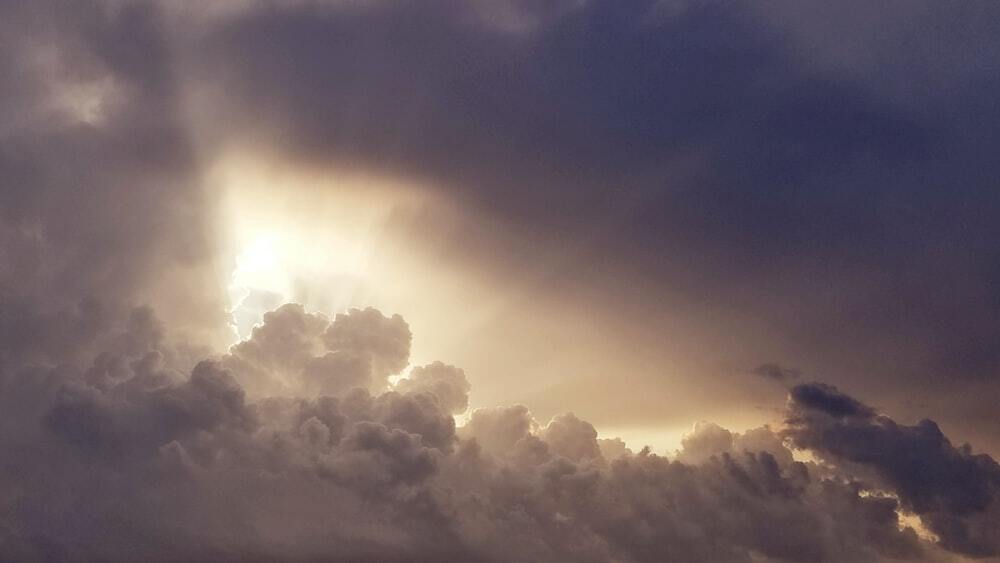Crisis fatigue, reasons for hope, and 5 more links worth your time
This is the “new normal”

Crisis fatigue
No matter how well you’ve been dealing with everything that has happened in the last four months, you could probably still use some good news, right?
Me too. But, in the past ten days or so, the news has been anything but good: continuing violence against Black Americans, surges in COVID-19 infections, reports of attacks on peaceful protesters, and reversals of the “opening of the economy.”
If we’re waiting for what would conventionally be considered good news, we’re likely to be waiting a long time. And that takes a toll on us. As Matt Simon notes in WIRED, “You might at this point feel lost or numb, and that’s perfectly natural. Psychologists call it crisis fatigue: Your body is well adapted to handle temporary stresses, but it can get overwhelmed by the constant, unrelenting pressures of this horrible year.”
Reasons for hope
“Good news” might be hard to find at the moment, but there are still reasons to hope. And those reasons might be hiding in plain sight.
Change is never easy, but I think the “good news” in the “bad news” is that we’re starting to talk with one another about things that have, for too long, been off the table. Frederick J. Riley, the director of Weave: The Social Fabric Project, believes that “With so many societal issues laid bare, each of us is called to reexamine our roles, our beliefs, our values, and, most important, our actions.”
Talking about race, policing, and healthcare has always been difficult, but it’s hard to avoid these discussions now. Many are long overdue, and the good news is that we have an opportunity to have them and apply the lessons we learn. Humans are capable of great change, problem solving, and innovation when faced with challenges in their communities.
In our five links this week, we’re offering you some reasons for hope. From a call to focus on what unites us (instead of what divides us) to examples of solutions that reform criminal justice, improve healthcare options, and help us learn from past mistakes in foreign policy, these links reminded me that individuals and communities possess tremendous problem-solving creativity when given a chance to exercise it.
We’ve got a lot of chances now. I’d like to believe we’ll make the best of them.
5 more links worth your time
- All This Chaos Might Be Giving You ‘Crisis Fatigue’, WIRED – If you’ve been feeling like “throwing your hands up and giving up on civic engagement,” there’s a biological reason for that. Our bodies and minds are not well suited to sitting with “exhausting paradoxes” and ongoing crises.
- Amid racial injustice and COVID-19, there’s still hope America will become a better place, USA Today – The new director of Aspen Institute’s Weave: The Social Fabric Project, Frederick J. Riley, encourages us to “acknowledge that we are all vulnerable at this time” and to seize the opportunity to respect one another and “love those with whom we disagree.”
- How to Love Your Enemy: A Restorative Justice Story, Free the People – This documentary looks at Longmont, Colorado, a city that experimented successfully with a new model of justice and policing that focuses on individual responsibility and redemption. The documentary’s producer asks that we answer the “toxic politics of blame and division” with “personal responsibility and community-based problem-solving outside of government.”
- 2020: The year of challenges, can be the year of solutions, Commonwealth Foundation – Tirzah Duren looks at one problem that does have a policy solution: slowing the spread of contagious diseases. Although telehealth has existed for some time, the COVID-19 pandemic offers an opportunity for states to facilitate its adoption and ensure that people (especially in rural areas) can receive some healthcare while remaining safely at home.
- The Pandemic Could Be the Crisis Liberalism Needed, Foreign Policy – Matt Warner and Tom G. Palmer both of Atlas Network argue that the current situation offers us a “second chance” to learn from foreign policy mistakes in the past. Despite the uncertainty we now face, we have an opportunity to highlight the importance of local knowledge and decentralization.